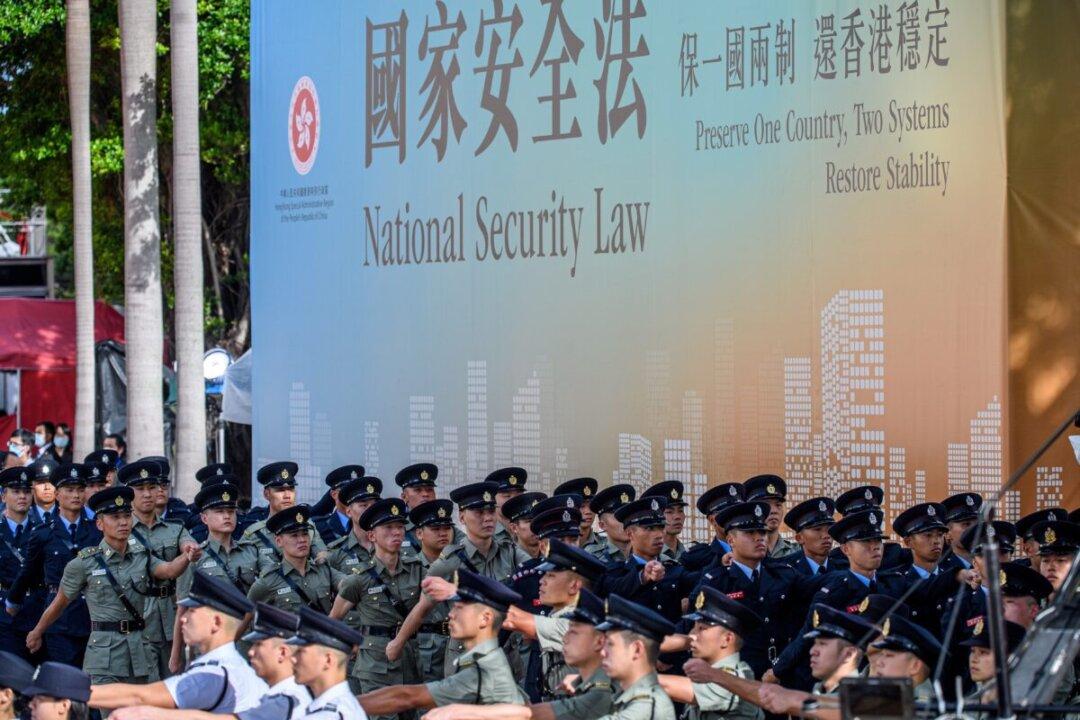A recent bombing in the Afghan capital of Kabul killed 85 people and injured 147. It is suspected that the Taliban was behind the attack. However, instead of condemning the terrorists, China’s Ministry of Foreign Affairs blamed the United States, claiming that the U.S. withdrawal from Afghanistan is causing successive violent attacks in Afghanistan.
On the afternoon of May 8, a bomb exploded near a girls’ school in Dasht-e-Barchi, a major Shiite community in Kabul, and two more bombs exploded when students rushed out in panic. It was the worst among the recent string of deadly bombings in Kabul in months, targeting schoolgirls between 11 and 15 years old.





